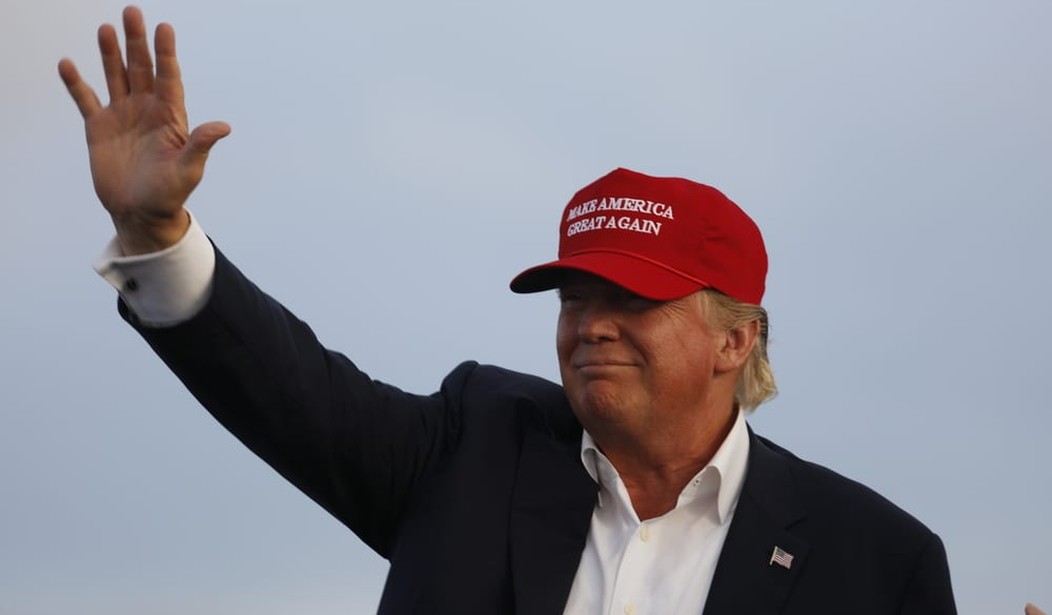Or so thinks Nate Cohn, a very smart guy, in the New York Times:
Ted Cruz was thought to be an easy favorite in Iowa. Now it’s not nearly as clear.
He has trailed Donald Trump in 10 of the last 12 surveys in Iowa, and prediction markets now give him just a 31 percent chance of winning the state. As recently as a couple of weeks ago, it was Mr. Cruz who had an edge in 8 of the prior 11 polls, and he had a 79 percent chance to win.
There’s still a lot of time before the caucuses on Feb. 1. The debate on Thursday could change things, as could the belated airing of attacks on Mr. Trump from Mr. Cruz’s allies. Mr. Cruz is also thought to have a considerable organizational advantage over Mr. Trump, who may be dependent on low-turnout voters.
But the increasing possibility that Mr. Trump will win the state — in no small part because of an improbable alliance with the party’s establishment — makes Mr. Trump’s path to the nomination far more plausible than ever before.
Normally, the Iowa caucuses can be considered secondary to real plebiscites, such as the New Hampshire primary. In Iowa, organization is generally everything — the guy who can get his supporters to the caucus sites in the freezing cold of a midwestern winter generally wins. It’s logistics as much as it is politics and often as not fails to predict the eventual winner.
As Cohn notes, the Cruz team has out-hustled The Donald on the ground and should be in a good position to eke out a victory against the media-fueled Trump juggernaut. That it’s not is significant.
As recently as a few weeks ago, Mr. Trump’s gains would have come as a surprise. He has a weak organization in Iowa and has tended to perform much worse there than he has nationally. Mr. Cruz was seen as the clear favorite with good reason. He has a strong organization, natural appeal to the state’s unusually conservative electorate, and backing from many of the state’s evangelical and conservative power brokers.
As Nate Silver of FiveThirtyEight pointed out last week, the willingness of so many of the party’s most prominent officials to come out against Mr. Cruz — or even implicitly for Mr. Trump — is cause to rethink some core assumptions about whether the party will unconditionally oppose Mr. Trump.
The assumption that Mr. Trump would be uniformly and vigorously opposed by the party’s elite has always been the cornerstone of the case for why Mr. Trump was extremely unlikely to win the nomination. But that opposition simply hasn’t shown up, and, if anything, he is now benefiting from vocal opposition to Mr. Cruz. Over all, the possibility that the party will acquiesce to Mr. Trump looks a lot better than I would have thought even one month ago.
The fact that the GOP establishment seems to be making peace with his potential nomination is telling. Seasoned observers now think that if Trump can win in Iowa by however narrow a margin, he’s likely to steamroller the opposition in New Hampshire, collect the conservative prize of South Carolina, and roll all the way to the nomination. We’ll know part of the answer next week.








Join the conversation as a VIP Member